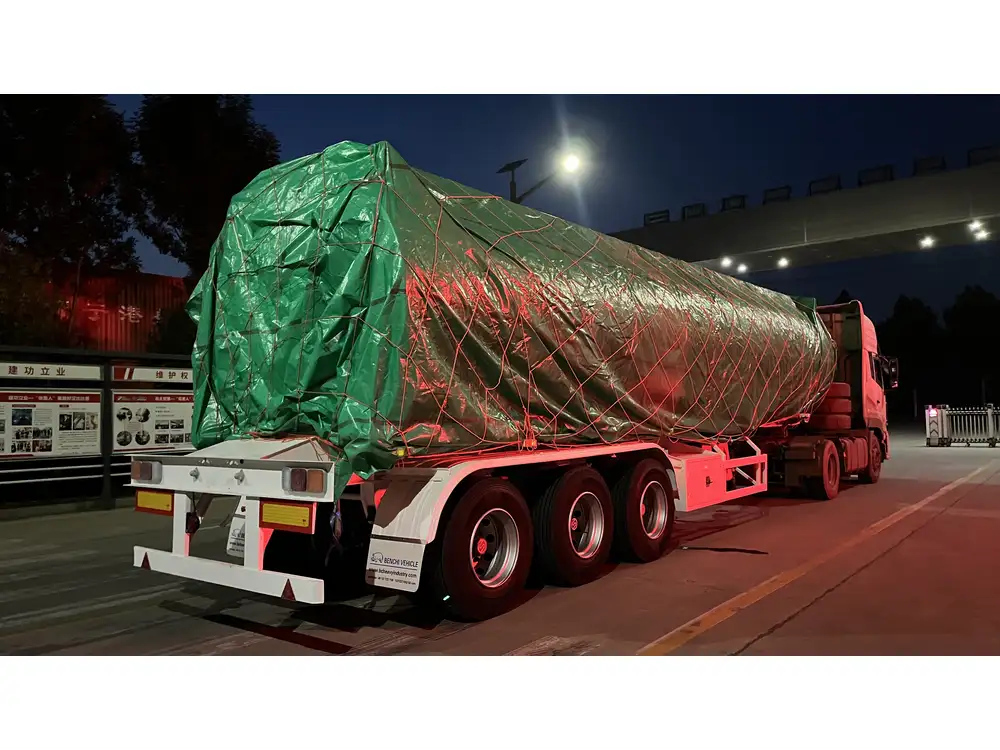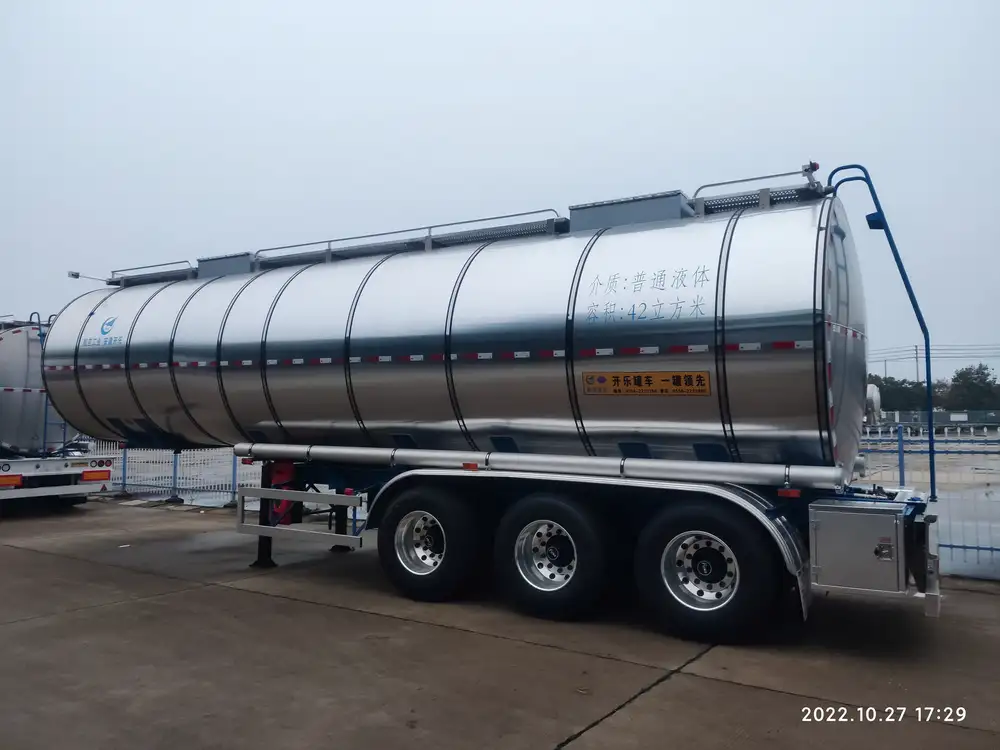In the realm of commercial transportation, particularly in the construction and agriculture sectors, dump trailers are indispensable assets. Yet, alongside the necessity of owning such equipment presents a vital consideration: insurance. This article delves deeply into the dimensions of dump trailer insurance, providing insights into its cost, importance, and factors influencing pricing.
Understanding Dump Trailer Insurance
Dump trailer insurance is a specialized type of coverage designed to protect both the trailer and the owner from various risks. It primarily encompasses several key areas, including:
- Liability Coverage: Protects against claims resulting from injuries or damages to others.
- Property Damage: Covers damages to the trailer itself or other physical properties.
- Cargo Coverage: Safeguards against loss or damage to the load being transported.
- Physical Damage: Covers repair or replacement costs due to accidents, theft, or vandalism.
Importance of Dump Trailer Insurance
Insurance for dump trailers is not merely a legal obligation but a strategic business decision. This coverage mitigates potential financial burdens due to accidents, equipment damage, or theft. Without adequate insurance, a single incident could have catastrophic consequences for a business.

How Much Does Dump Trailer Insurance Cost?
The cost of dump trailer insurance can vary significantly based on various factors, including the type of coverage, location, and the operator’s history. Below, we provide a breakdown of typical cost components.
Average Cost Estimates
| Coverage Type | Estimated Annual Cost |
|---|---|
| Basic Liability Coverage | $300 – $600 |
| Comprehensive Coverage | $700 – $1,500 |
| Collision Coverage | $800 – $1,200 |
| Cargo Coverage | $500 – $1,500 |
| Total Estimated Range | $1,500 – $4,800 |
Factors Influencing the Cost of Dump Trailer Insurance
Trailer Size and Type: Different sizes and types of dump trailers incur various risks. Larger, heavier trailers, or those with specialized features may cost more to insure.
Usage and Mileage: The more a trailer is used, the higher the risk of accidents or wear and tear. Commercial use typically results in higher premiums than personal use.
Location: Insurance rates fluctuate by geographic area due to differences in accident rates, theft statistics, and local regulations. Urban areas often present higher risks, resulting in elevated costs.
Driver Experience: The experience level of the driver can impact rates. A seasoned driver with a clean record may qualify for lower premiums compared to inexperienced drivers or those with prior claims.
Coverage Limits and Deductibles: Higher policy limits generally result in increased premiums. Conversely, choosing a higher deductible can lower costs but also means more out-of-pocket expenses in the event of a claim.

Types of Dump Trailer Insurance Policies
Understanding the various types of insurance options available can help you make informed choices when selecting a policy. Here we examine the principal types of coverage you should consider.
Liability Insurance
This type of insurance is mandatory in most jurisdictions. It protects against third-party claims for injuries or property damage resulting from the operation of your dump trailer.
Physical Damage Insurance
This policy protects your dump trailer against physical damage from accidents or other perils, covering repair expenses or replacement costs.

Comprehensive Insurance
Comprehensive coverage addresses non-collision-related risks, such as theft, vandalism, or natural disasters. This is crucial for ensuring that all bases are covered.
Cargo Insurance
When transporting valuable or sensitive loads, cargo insurance becomes vital. It protects your shipment from loss or damage while in transit.
Umbrella Insurance
For businesses with substantial assets, umbrella insurance offers additional liability protection beyond the limits of standard policies. This comprehensive coverage is essential for those seeking to safeguard their entire operations.

How to Choose the Right Insurance for Your Dump Trailer
Selecting the appropriate insurance policy requires a strategic approach. Below are essential steps to ensure you choose the best coverage for your needs.
Evaluate Your Needs
Assess Your Trailer: Understand the specifications and value of your dump trailer. This includes considering how often, and under what conditions you will use it.
Analyze Your Business Operations: Consider the nature of your business. Are you regularly transporting heavy loads? Do you frequently travel long distances?
Identify Potential Risks: Conduct a risk analysis based on your typical operations. This may involve assessing the road conditions, locations you frequent, and the types of loads transported.
Research Insurance Providers
Obtain Multiple Quotes: Reach out to various insurance companies to get quotes. Compare not only the costs but also the coverage options they provide.
Check Financial Ratings: Investigate the financial health and stability of insurance companies through reputable rating agencies.
Read Customer Reviews: Consider firsthand experiences from other dump trailer owners. Reviews can reveal critical insights regarding customer service and claims processes.

Understand the Policy Details
Read the Fine Print: Pay close attention to policy exclusions, limits, and conditions. Understanding these nuances will prevent unpleasant surprises later.
Inquire About Discounts: Many insurers offer discounts for bundling policies, safe driving records, or completing safety courses.
Consult an Insurance Agent: Engage with an insurance professional who specializes in commercial vehicle insurance. They can provide tailored advice based on your specific situation.
Frequently Asked Questions About Dump Trailer Insurance
1. Is dump trailer insurance required by law?
Yes, many jurisdictions require liability insurance for dump trailers, particularly when used for commercial purposes. It’s essential to verify local regulations to ensure compliance.

2. What does the insurance typically not cover?
Common exclusions may include damages from wear and tear, accidents while under the influence of drugs or alcohol, and injuries incurred while the trailer was being used for illegal activities.
3. Can I insure a dump trailer under my personal auto insurance policy?
In many cases, personal auto insurance does not cover commercial equipment like dump trailers. It’s advisable to seek dedicated commercial insurance for adequate coverage.
4. How do I file a claim?
To file a claim, contact your insurance provider immediately after an incident. Provide documentation, including photos, police reports, and any other pertinent information requested by the insurer.

Conclusion
Investing in dump trailer insurance is not just a matter of compliance but a critical business investment that protects your assets and equipment. Understanding the intricacies of the various types of coverage, potential costs, and factors influencing these costs will empower you to make informed decisions. As you navigate the complexities of choosing the right policy, remember that comprehensive research, careful evaluation of your needs, and consultation with experts are vital steps toward safeguarding your investment. By ensuring your dump trailer is adequately insured, you can operate your business with peace of mind, focusing on your operations without the constant worry of unforeseen financial burdens.



